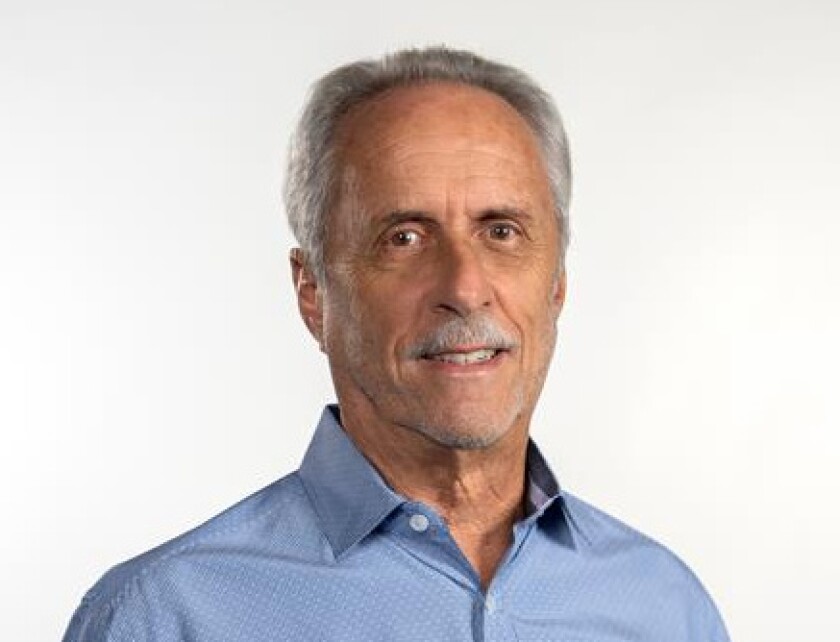Automation has brought significant changes to the accounting profession over the last decade. While some tools have made accountants’ lives easier, others have chipped away at their roles as startups seek to disrupt a legacy industry. The tech companies that developed these tools have also created and perpetuated a false debate about whether automation will overtake the industry completely and make accountants irrelevant.
It’s time to end that debate. A valued accountant is a holistic business advisor to clients, solving human problems that technology simply cannot — and will never be able to — solve on its own.
The question should not be whether automation will take over accounting, but where its real value lies. This technology has an important role in upleveling accounting, but there are clear limitations for its use. ScaleFactor offers an example of these limitations and a cautionary tale. The startup promised to replace human accountants with software and AI, but it was mostly smoke and mirrors, with people doing much of the work behind the scenes. The irony was palpable.
No software stack can match the financial acumen, critical thinking and trusted counsel that a human advisor offers. That’s particularly true today, as valued accountants have become business partners, not just number crunchers. Where software is limited to evaluating concrete inputs, accountants also leverage their financial acumen, understanding of clients’ business goals and observations of communication subtleties like the inflection in a client’s voice to make decisions. This allows them to serve as advisors to their clients, whether by adjusting business models in real time, building balanced and inclusive teams, or managing employee wellbeing.
The COVID-19 pandemic has underscored the importance of this advisory role in the face of high-stakes decisions. As many businesses have navigated changing unemployment laws, federal aid initiatives and revenue loss over the past several months, accountants have stepped up. The accountants I’ve spoken with emphasize that their clients increasingly rely on them for much more than “numbers” problems, like payroll. They are solving the “people” problems that can make or break a business and its employees’ livelihoods, like hiring or conducting layoffs in the midst of a crisis. Accountants need technology to solve the former so they can focus on the latter.
Arjun Arora leads Strategic Finance for Bloomberg's quantitative investment products business. Previously, he spent nearly a decade in senior leadership roles at Citi.
Joe Lau is a co-founder and the president of Alchemy, a blockchain developer platform.
Billy Abrams is in Correspondent Business Development at AD Mortgage and is the CEO of IF Securities. Abrams has experience in commodity futures and options brokerage and trading, as well as in institutional fixed-income sales and trading. His product experience includes repo, treasury, agency, corporate, MBS and derivatives. Prior to joining AD Mortgage, for more than a decade, he worked exclusively with mortgage originators, helping them to hedge with TBAs.
Empowering and supporting employees will become an increasingly important driver of business success, as studies continue to prove. Using software to automate repetitive processes gives accountants the freedom to focus on advising their clients through tough moments by leaning into their most human skills, like problem solving and relationship building.
Tech-driven tools and insights can’t replicate these skills, but they can enable them. As the transformation of industries like health care and manufacturing have shown, automation is most effective when used to save time, ensure compliance and improve accuracy by handling routine, tedious, time-intensive tasks. By using software to automate payroll, tax filings and payments, accountants can focus on their clients’ higher-level business challenges and opportunities. They can also more easily identify trends based on recent and historic data, then apply these insights to make recommendations informed by data.
This is tech at its best. At its worst, technology makes accountants’ jobs harder and can erode their clients’ trust. Software might generate recommendations based on broad generalizations, failing to account for a business’s nuanced situation or economic context. During the pandemic and ensuing recession, we’ve seen that much of the data and algorithms feeding into advanced business tools have been built for a world that no longer exists. They fall short of helping businesses solve the complex, intersectional problems they face in 2020 and beyond.
Accountants can add tremendous value in this new world by leaning into their advisory role. A strong accountant is pivotal to maintaining a client’s business, which in turn supports employees’ livelihoods and helps economic recovery. It’s good for accountants’ businesses, too: it’s estimated that practices providing advisory services can generate 50 percent more in monthly client revenue. Technology has a role to play, but only as a boost to the advising, problem-solving and business strategy accountants already do on a daily basis.







